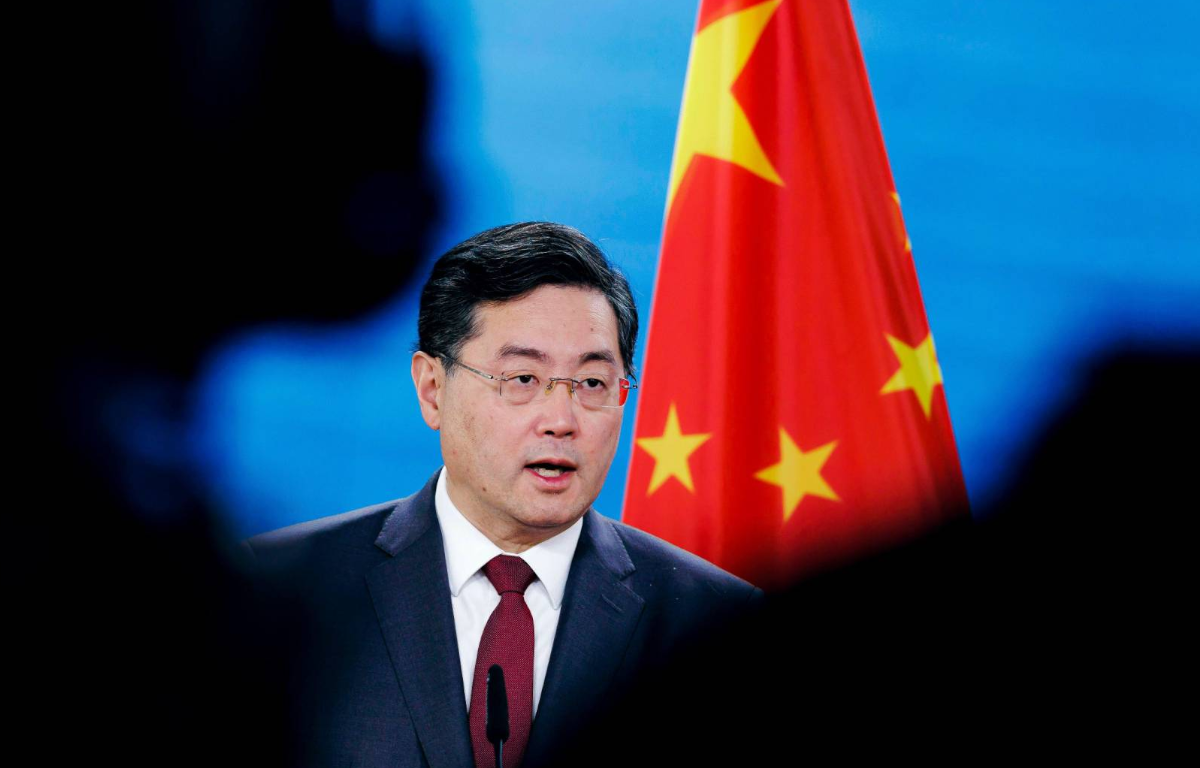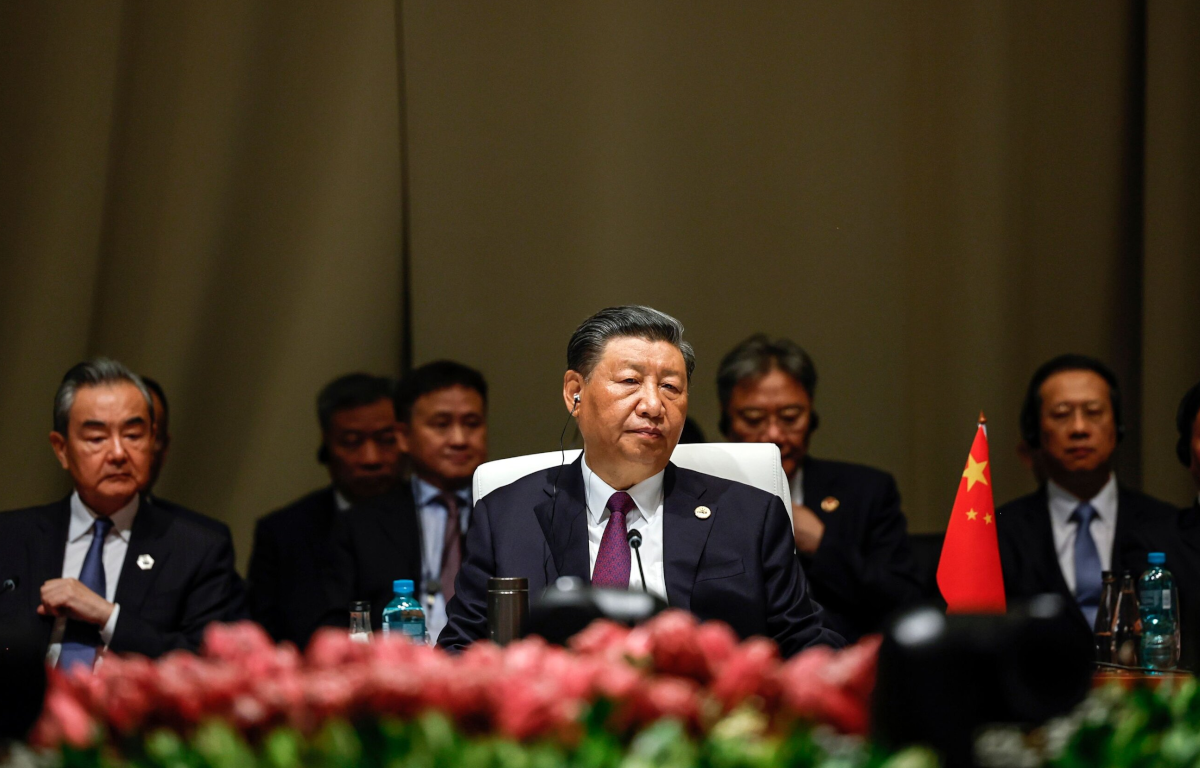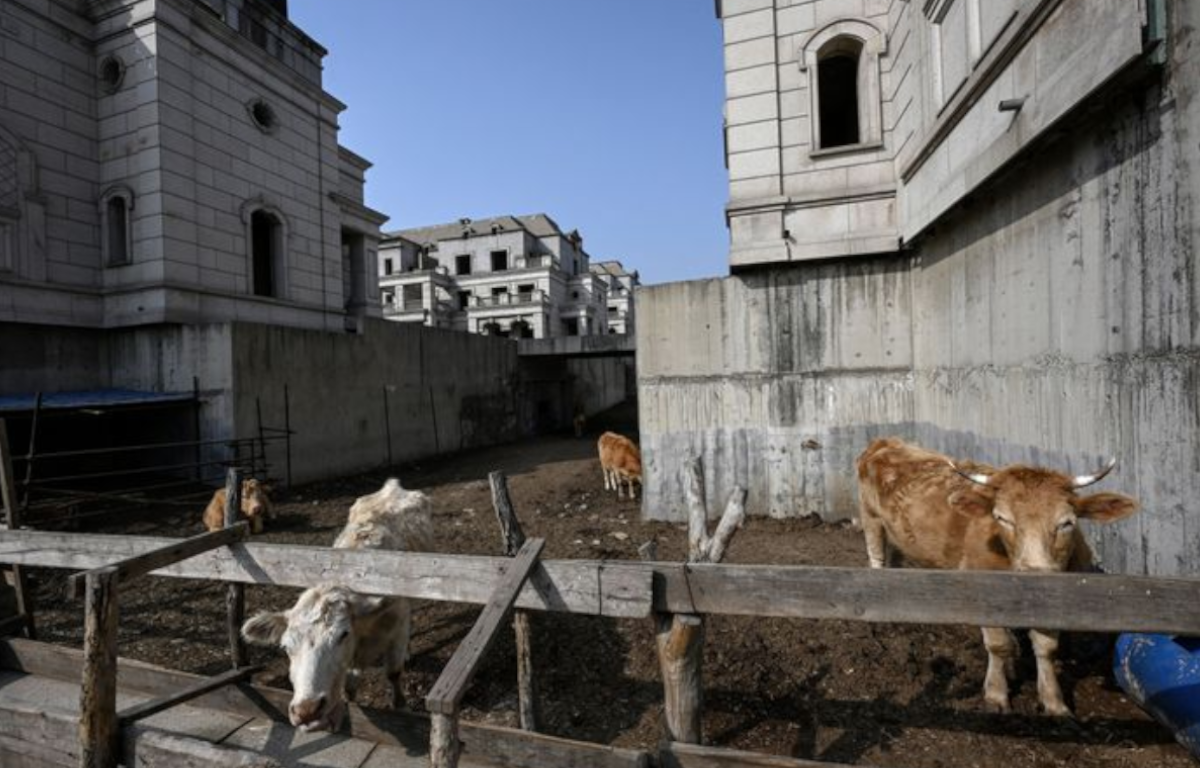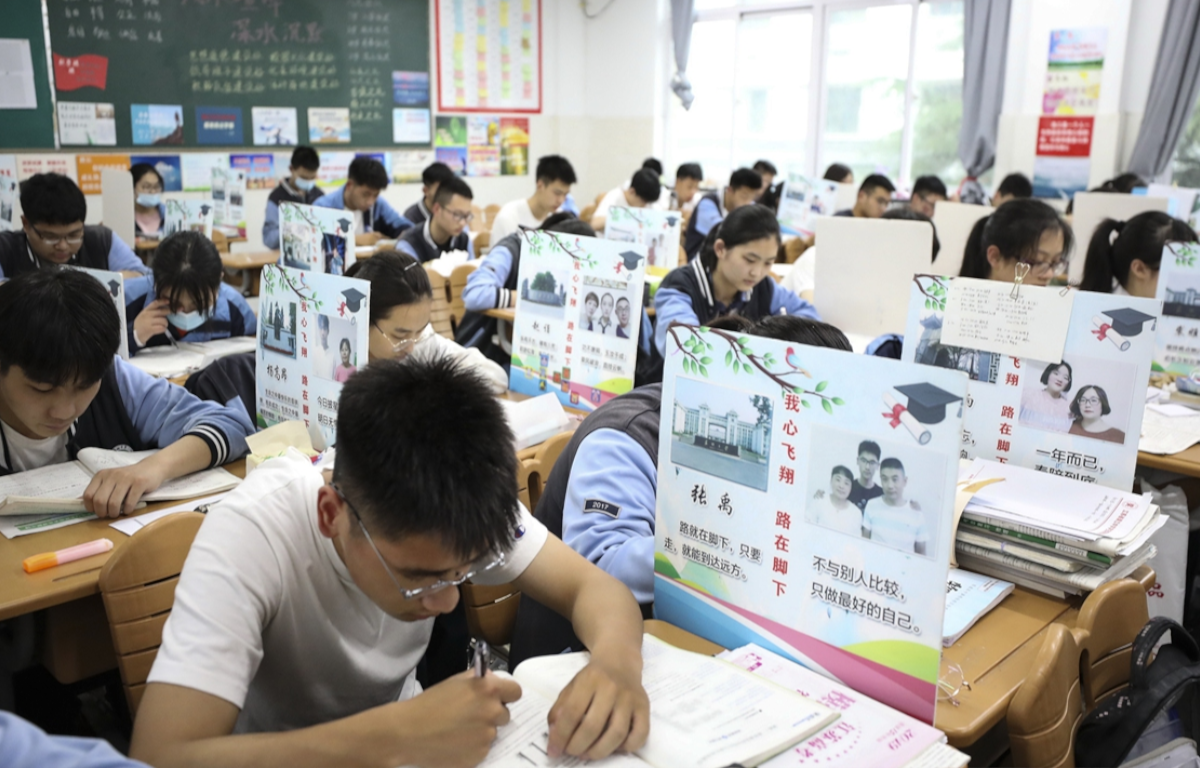
China’s approach to hosting the Asian Games has been characterized by a remarkable charm offensive. The opening ceremony was a dazzling spectacle that showcased China’s rich history, cultural heritage, and technological prowess. From the mesmerizing performances of traditional Chinese music and dance to the impressive display of modern technology, including 5G-enabled drone shows, it was clear that China aimed to impress the world with its capabilities.
In addition to the spectacular opening ceremony, China has gone to great lengths to provide a warm welcome to athletes and visitors from all over Asia. The infrastructure, including state-of-the-art sports facilities and efficient transportation systems, has received widespread acclaim. Chinese hospitality, renowned for its emphasis on harmony and courtesy, has been extended to all participants.
China’s charm offensive at the Asian Games extends beyond the cultural and infrastructural aspects. It also manifests in its approach to sports diplomacy. Chinese officials have emphasized the importance of unity, cooperation, and peaceful competition. President Xi Jinping, in his opening address, emphasized the unifying power of sports and called for “friendship through sports.”
Moreover, China has used the Asian Games as an opportunity to strengthen bilateral and multilateral ties with participating nations. Diplomatic meetings and discussions on the sidelines of the games have become a common occurrence. These interactions aim to foster closer relationships, enhance trade ties, and promote cultural exchanges.
While China has displayed a remarkable charm offensive, it hasn’t shied away from addressing regional confrontations. This is particularly evident in the realm of sports. One notable example is the presence of Taiwanese athletes at the Asian Games. China considers Taiwan to be a part of its territory and often pressures international organizations to exclude Taiwan from participating as an independent entity. However, in the spirit of goodwill, Taiwan has been allowed to compete under the name “Chinese Taipei” in Hangzhou. This concession showcases China’s willingness to temporarily put aside political disputes in the interest of fostering goodwill.
Furthermore, the territorial disputes in the South China Sea have not been ignored. The presence of athletes from nations involved in these disputes, such as the Philippines and Vietnam, has provided an opportunity for diplomatic conversations. While these issues are complex and deeply rooted, the Asian Games have provided a forum for peaceful exchanges and engagement.
China’s hosting of the 19th Asian Games in Hangzhou has been marked by a remarkable charm offensive, showcasing the nation’s cultural richness, technological prowess, and commitment to international cooperation. However, beneath the surface of this charm offensive, China has not shied away from addressing regional confrontations. By allowing Taiwan to participate and engaging with nations involved in territorial disputes, China has demonstrated a willingness to use sports diplomacy as a means of fostering dialogue and understanding. As the games continue, the world watches to see if this blend of charm and diplomacy can contribute to regional stability and cooperation in Asia.










Share this: